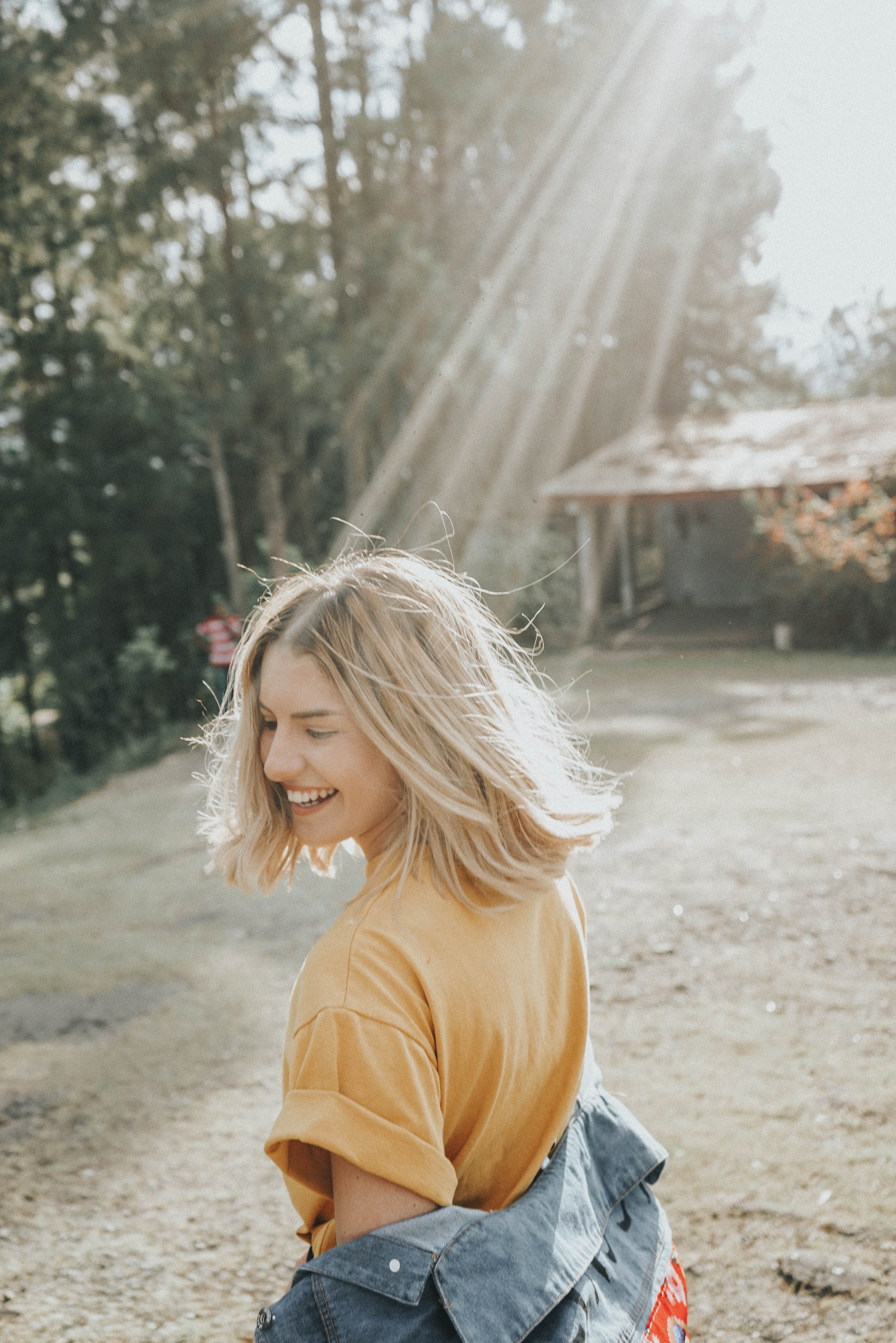So what is PTSD?
Post-traumatic stress disorder (PTSD) is a mental health condition that’s triggered by a terrifying event — either experiencing it or witnessing it. Symptoms may include flashbacks, nightmares and severe anxiety, as well as uncontrollable thoughts about the event. https://www.mayoclinic.org/diseases-conditions/post-traumatic-stress-disorder/symptoms-causes/syc-20355967
You may be reading this because you have heard of the terminology before, you have been wondering if you or someone you know has PTSD, or maybe you are a survivor. Either way, I do hope that this post on PTSD brings you much-needed clarity and relevance to your current life experience.
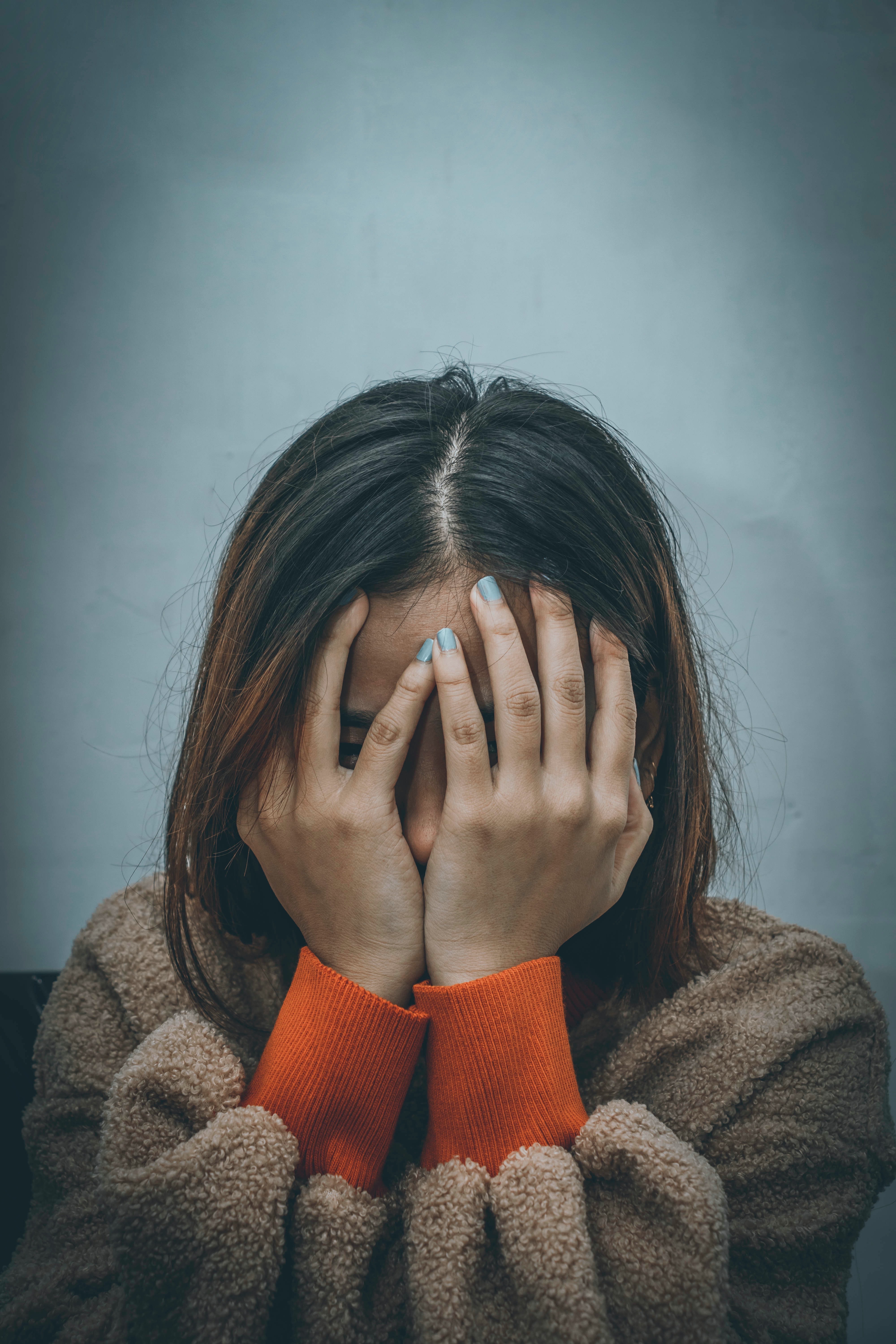
How do you help somebody that has been through a traumatic event?
In my experience, the worst thing someone said to me after a traumatic car accident was, “I know what you’re going through” (even though they had never experienced that situation before). Another hurtful phrase I heard was, “You can choose to be happy; you just need to focus on something positive”, or “someone else is probably experiencing an even worse event than yours”.
Why did these things annoy me so much? When you have experienced a trauma, the last thing you want to hear is to be positive. When you are in the trenches, in that dark place, the last thing you want to hear is to be positive. What you want to hear is, “I can see you in that dark place and I hear you.” Or, “You matter, your situation matters and I am here for you to walk alongside you.” If we don’t experience pain and suffering then we can’t get to our healing. If we pretend to be happy and positive all the time, while dealing with a trauma response, then we won’t heal because we are not likely to be honest with where our emotions truly are.
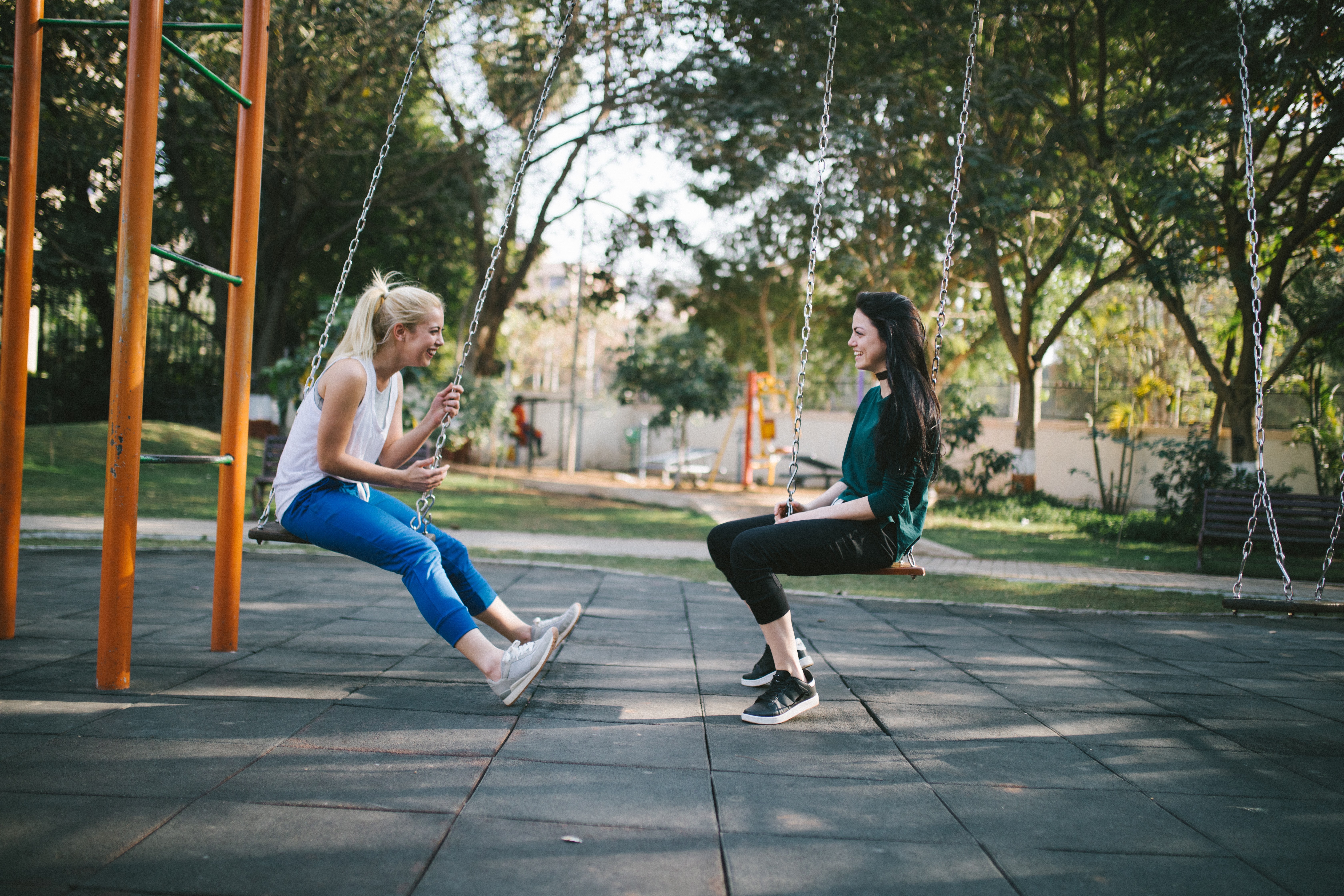
When you are helping a loved one or a friend through PTSD, try saying these things:
– “I don’t know what you’re going through; however, I am here whenever you need it”.
– “What can I do practically to help you this week? (Answers could be, clean their home, make a meal, go for a walk with them, and so on.)
– “You must be feeling horrible. I can’t imagine what you would be going through”.
When we decide to get down in the valley with the person experiencing pain, only then are we able to hold their hand and help them stand up.
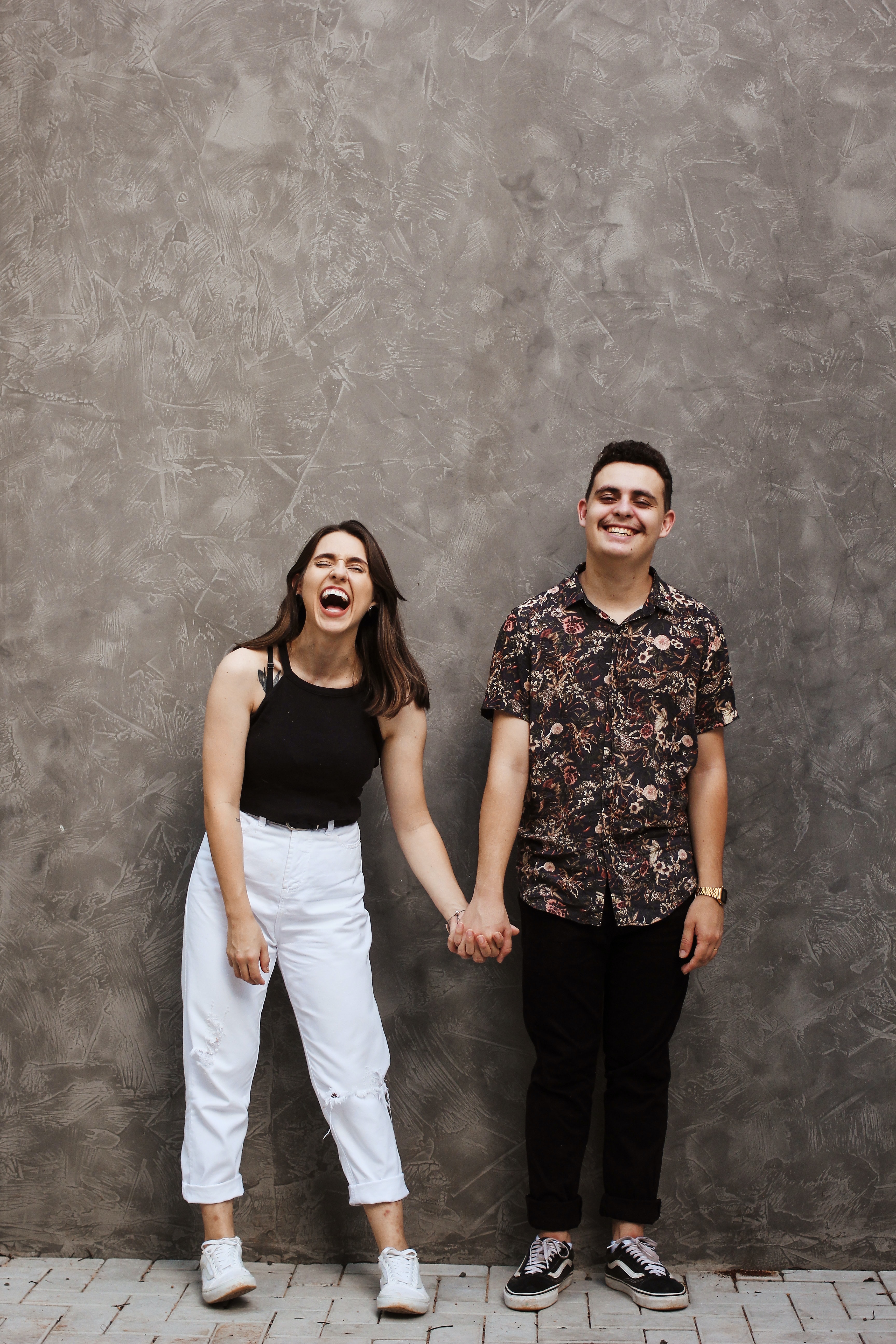
What helped me when I was suffering with PTSD?
Having a connection spiritually to God has really helped me get through PTSD. I have a higher purpose than just experiencing trauma. Knowing and 100% believing that is what has gotten me through the worst days.
I did grow up in a Christian environment where I was always told that there was a higher power and to search for something beyond my own mindset or beyond my own understanding. Having a spiritual life has helped me to understand that miracles do happen. I have experienced them first-hand. When my heart was hurting from emotional pain, I prayed that God would heal me. In what seemed like an instant, the pain was gone and I was set free. After multiple broken hearts from broken romantic relationships, I needed that miracle. The pain of loss even when the person is still alive is awful. God healed me that day and I was free to love again.
When I experienced my traumatic fatal car accident years later, I leaned in on that experience where God had already performed a miracle on my heart emotionally and asked him to do it again. This time it wasn’t instant or even soon after, it took over a year-and-a-half to even begin healing. Healing looks different for all of us and sometimes we don’t receive our healing in the time frame we so desperately want or need it to happen.
What is the treatment for PTSD?
Harvard health talks about PTSD treatment in this way:
Treatment can take a long time, which may explain the high dropout rate. Some researchers have found that three-quarters of people with PTSD stop treatment. However, treatment (usually a combination of psychotherapy and medications) can be helpful if you stick with it. https://www.health.harvard.edu/a_to_z/post-traumatic-stress-disorder-a-to-z
What type of treatment did I seek and what did I do to live free from PTSD:
- Sought the professional help of a psychiatrist and psychologist. A doctor specialising in brain medicine was absolutely crucial.
- Made sure I went to all my regular appointments and check-ups even after my healing.
- Did things that would bring me joy such as dancing, going to the beach and watching funny movies.
- Spoke about my experience, a lot.
- Wrote down and journaled my feelings to get them out of me and release the hold that these horrible feelings that come with PTSD had on me.
- Took a break from work and fully focused on my recovery.
- Felt all the emotions and didn’t bottle it up. This included sadness, anger, disappointment and a lot of crying.
- Had a trusted friend on speed dial that I knew would answer my call if I ever felt like giving up (and when I actually did feel like that one day, she came through and talked me out of it).
- Gave myself no time-frame for healing and just trusted the science of the brain medicine and the expertise of my psychologist who changed my thought process and got me thinking in a much clearer way.
What is life like after treating PTSD?
As someone who is now whole and healed and can talk openly about my traumatic fatal car accident, I have been able to do the following:
- Love again
- Get married
- Have a child
- Laugh freely and openly
- Work without having flashbacks moments of crying or forgetfulness
- Focus on other things besides my trauma. I can now focus on moving forward with plans and purpose.
(Image of my husband and I on our wedding day).
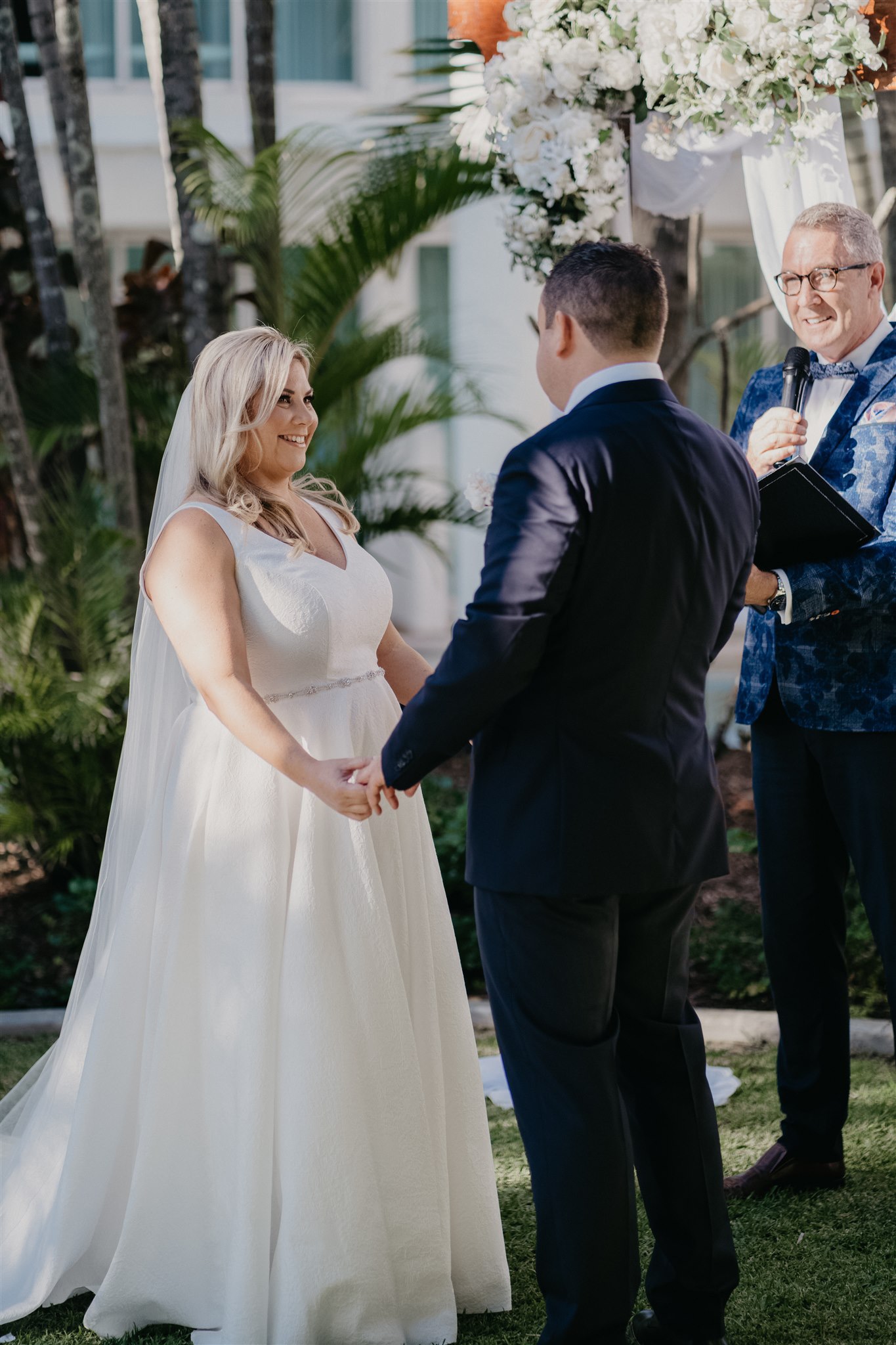
Very Well Mind suggests the following when recovering and healing from PTSD:
Because of the levels of stress, anxiety and overwhelm that people often experience with PTSD, finding time for prayer, meditation, and other mindfulness techniques can be helpful to calm our bodies and minds. https://www.verywellmind.com/coping-with-ptsd-2797536
Even now, I explicitly make time for self-care, mediation and relaxation (yes, even with an active toddler running around). How do I do this? I scheduled it in, just as I would an appointment in my calendar. On the days that my son is at daycare or even asleep at home, those are the times I sit, breathe and relax. Without those moments, even if there are just a few, I would be overwhelmed and anxious. Life has too much bombarding us through all avenues, so without meditation, stopping to breathe properly or just taking a moment to yourself, and without scheduling these things into our lives, we will often be distracted and it can become very unhealthy.
I leave you today with this about healing and recovery:
I’m here. I love you. I don’t care if you need to stay up crying all night long, I will stay with you. If you need the medication again, go ahead and take it—I will love you through that, as well. If you don’t need the medication, I will love you, too. There’s nothing you can ever do to lose my love. I will protect you until you die, and after your death I will still protect you. I am stronger than Depression and I am braver than Loneliness and nothing will ever exhaust me. Elizabeth Gilbert, Eat, Pray, Love


